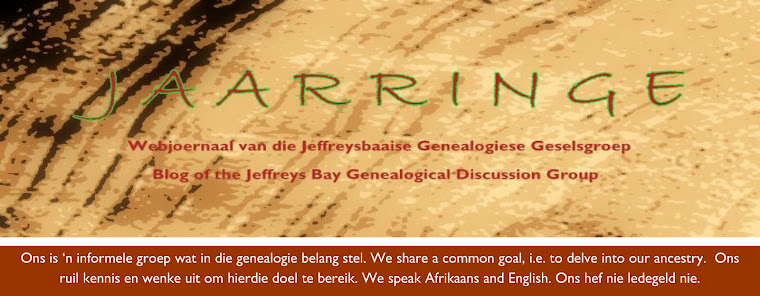Barry Vosloo
Few nations are as fervently patriotic as the Irish. Even a cursory study of their tumultuous history stretching back to the Neolithic period more than 4000 years ago, confirms this. Contemplating this beautiful land of myths and legends, William Butler Yeats, the renowned Irish poet who was awarded the Nobel Prize in Literature in 1923, once observed, “It seemed as if the ancient world lay all about us with its freedom of imagination, its delight in good stories, in man's force and woman's beauty.”
Few nations are as fervently patriotic as the Irish. Even a cursory study of their tumultuous history stretching back to the Neolithic period more than 4000 years ago, confirms this. Contemplating this beautiful land of myths and legends, William Butler Yeats, the renowned Irish poet who was awarded the Nobel Prize in Literature in 1923, once observed, “It seemed as if the ancient world lay all about us with its freedom of imagination, its delight in good stories, in man's force and woman's beauty.”








